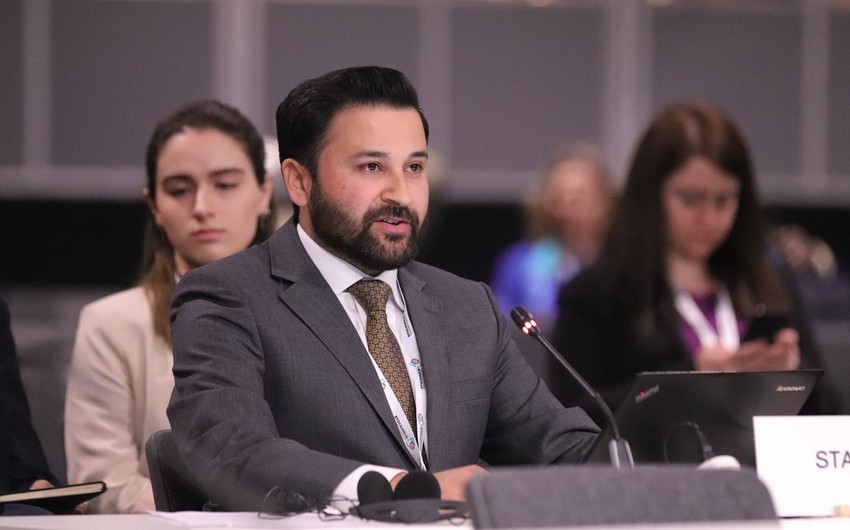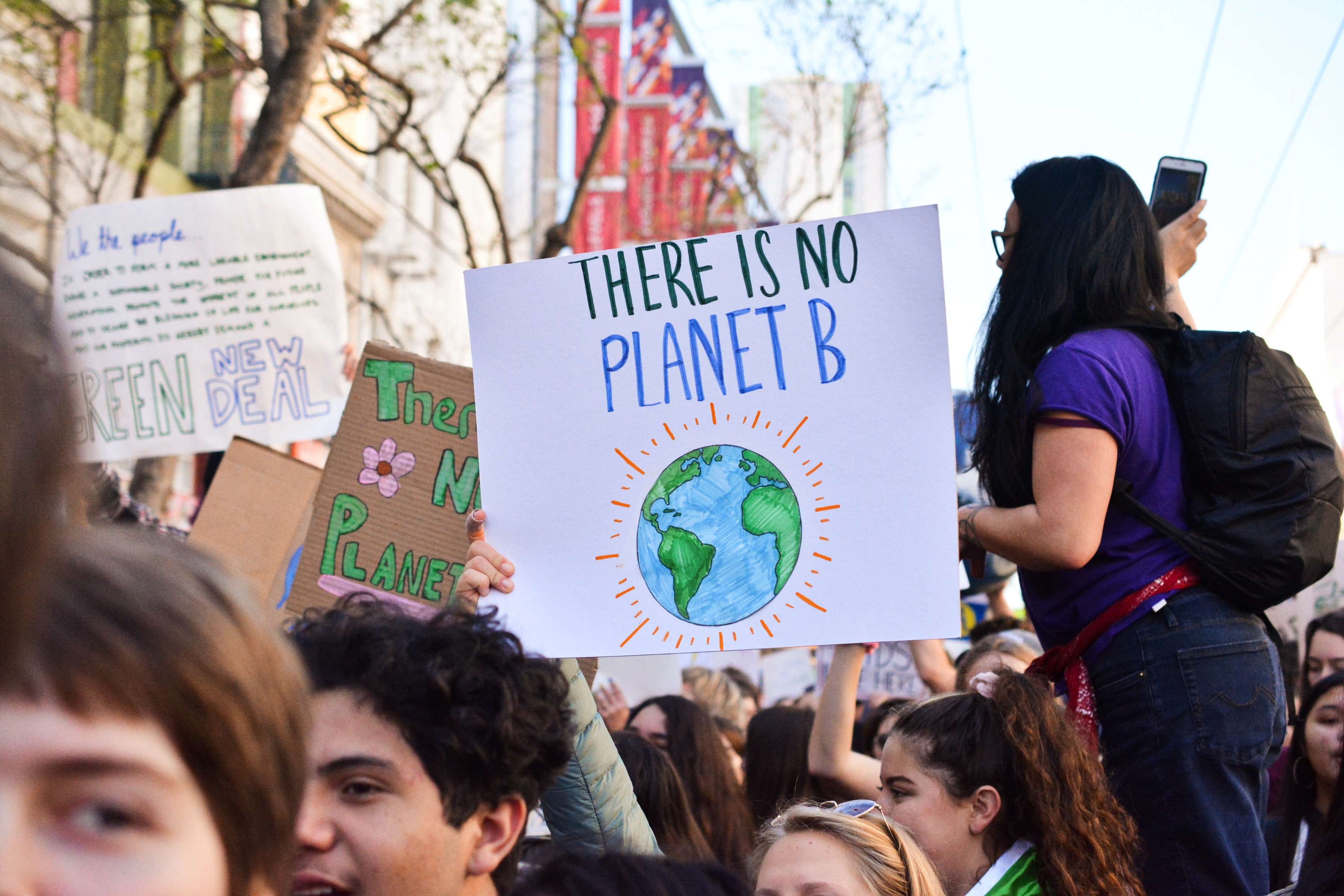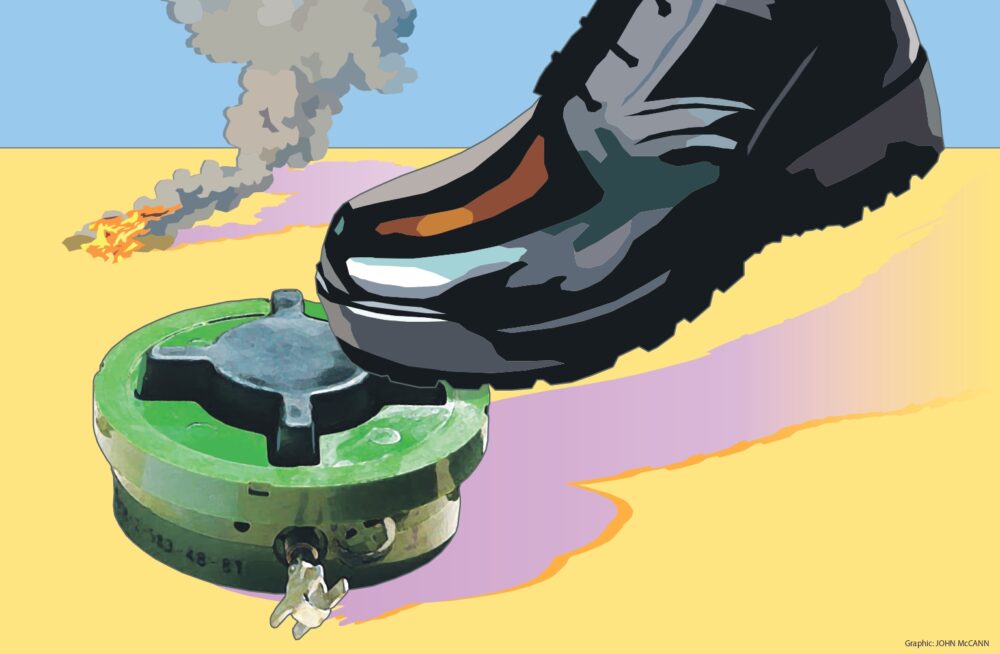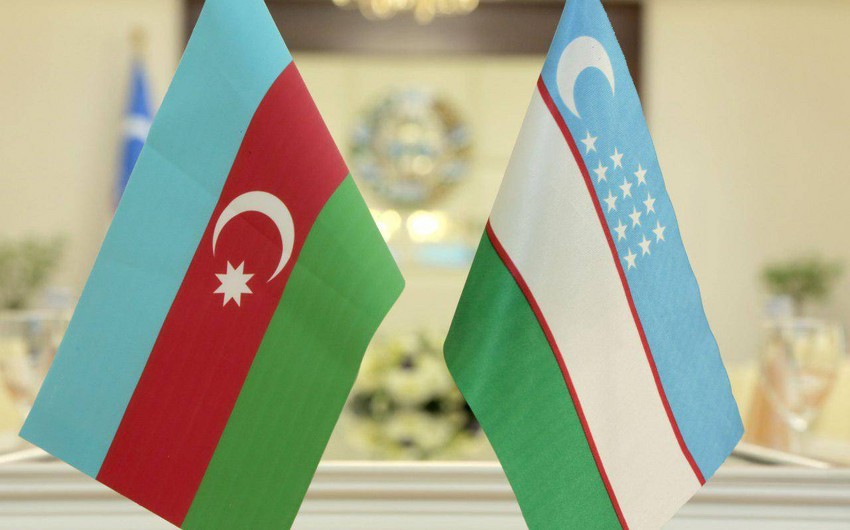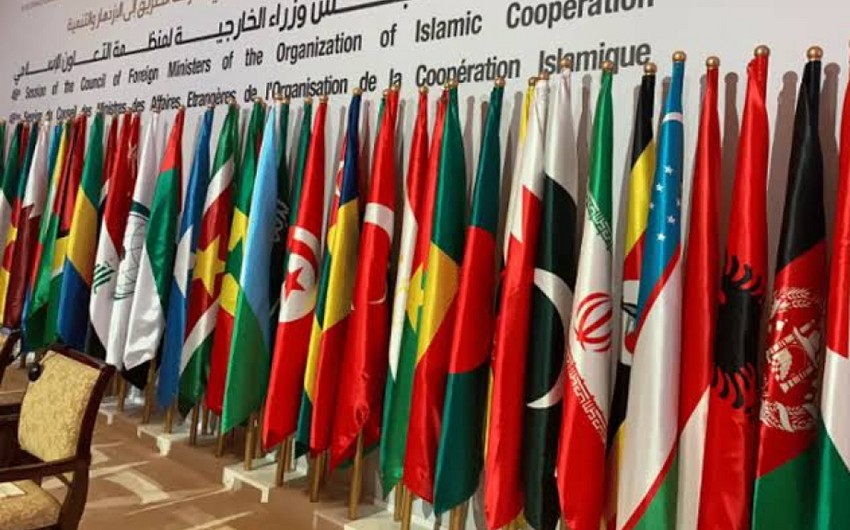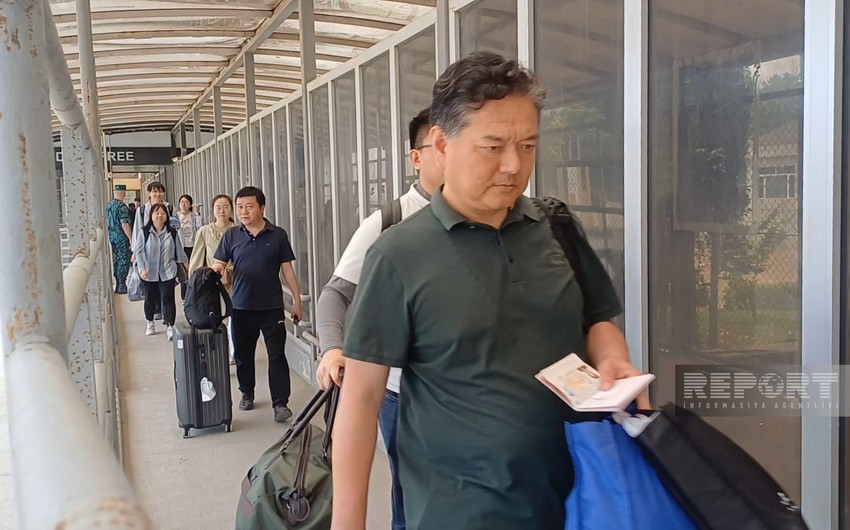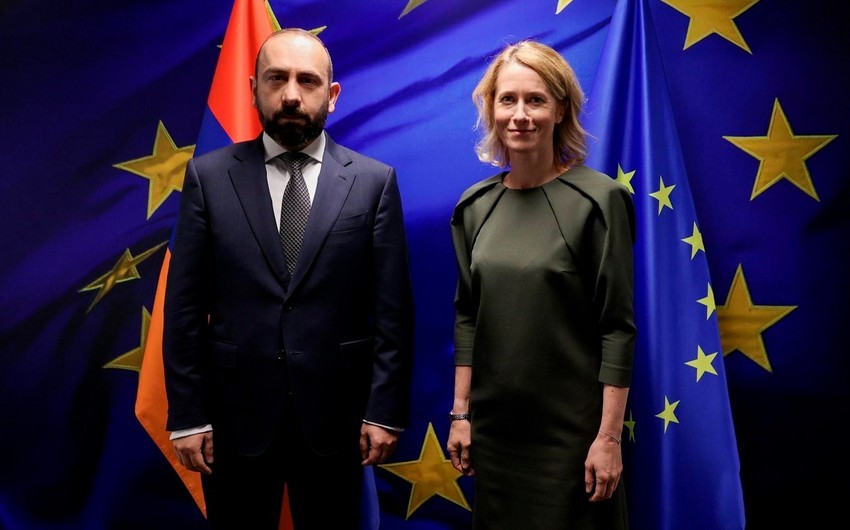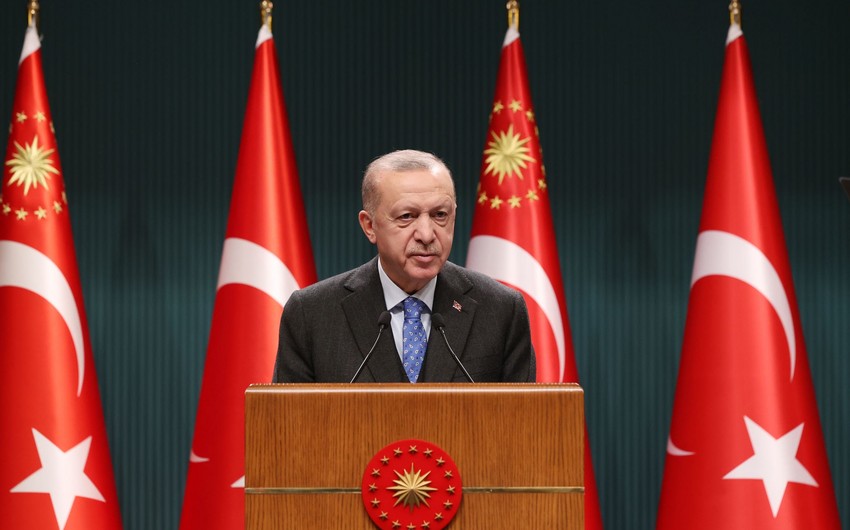In a world grappling with the ramifications of climate change, dwindling resources, and environmental degradation, the role of youth in resource management has never been more critical. As stewards of the future, young people possess a unique perspective, innovative thinking, and boundless energy that can drive positive change and shape sustainable practices for generations to come. This article explores the pivotal role of youth in resource management and advocates for empowering and engaging young minds in the conservation and sustainable use of our planet's precious resources. First and foremost, it is essential to recognize that young people represent a significant demographic force globally. With approximately 1.8 billion individuals between the ages of 10 and 24 worldwide, according to the United Nations, youth constitute a formidable reservoir of talent, creativity, and potential. Harnessing this demographic dividend is crucial for addressing the complex challenges associated with resource management.
Youth engagement in resource management transcends mere participation; it encompasses active involvement in decision-making processes, policy formulation, and implementation strategies. By involving young people in these crucial aspects, we not only tap into their fresh perspectives and innovative ideas but also foster a sense of ownership and responsibility towards environmental stewardship. Empowering youth to take the lead in resource management initiatives promotes intergenerational dialogue, knowledge sharing, and mutual learning, fostering a holistic approach to sustainability.
One of the most significant contributions of youth in resource management lies in their propensity for technological innovation and digital literacy. In an increasingly digitalized world, young people are adept at leveraging technology to address environmental challenges effectively. From developing mobile applications for monitoring biodiversity to utilizing drones for precision agriculture, youth-led initiatives are revolutionizing the way we approach resource conservation and management. By embracing digital tools and platforms, young innovators are not only enhancing efficiency but also democratizing access to information and promoting greater transparency in resource governance.
Furthermore, youth engagement in resource management serves as a catalyst for social mobilization and collective action. Young activists and advocates worldwide have been at the forefront of environmental movements, rallying communities, raising awareness, and holding governments and corporations accountable for their actions. The youth-led climate strikes, inspired by Swedish activist Greta Thunberg, exemplify the power of grassroots movements in driving policy change and catalyzing public discourse on pressing environmental issues. By amplifying youth voices and empowering them as agents of change, we can foster a culture of activism and sustainability that transcends geographical boundaries and cultural barriers.
Moreover, investing in youth education and capacity-building programs is essential for nurturing the next generation of environmental leaders and professionals. By providing young people with access to quality education, training, and mentorship opportunities in fields such as environmental science, renewable energy, and conservation biology, we equip them with the knowledge, skills, and tools needed to tackle complex resource management challenges effectively. Moreover, fostering interdisciplinary collaboration and experiential learning opportunities can help bridge the gap between theory and practice, enabling young professionals to develop innovative solutions grounded in scientific evidence and real-world experience. However, despite the immense potential of youth in resource management, several barriers and challenges persist. Limited access to education, economic opportunities, and decision-making spaces often hinder youth participation and leadership in environmental initiatives, particularly in marginalized communities and developing regions. Addressing these systemic inequalities requires a concerted effort to promote inclusive policies, foster youth-led grassroots organizations, and create supportive environments that value and amplify diverse voices and perspectives.
Furthermore, the marginalization of indigenous youth and local communities, who are often the custodians of traditional ecological knowledge and sustainable practices, represents a critical gap in mainstream resource management discourse. By recognizing and respecting indigenous rights, land tenure systems, and cultural heritage, we can harness the wisdom of indigenous youth in promoting biodiversity conservation, ecosystem restoration, and sustainable livelihoods. Empowering indigenous youth as custodians of their ancestral lands not only strengthens cultural resilience but also enriches our collective understanding of sustainable resource management.
In Pakistan, the youth demographic, constituting around 70 percent of the population under the age of 30, holds immense potential for shaping resource management practices. This demographic shift not only underscores the urgency of engaging young people in sustainable development but also presents an opportunity to leverage their energy and creativity for environmental stewardship. Across urban and rural landscapes, young Pakistanis are actively involved in addressing environmental challenges through initiatives such as tree planting campaigns, waste management projects, and renewable energy endeavors. Additionally, the increasing use of digital technology and social media platforms among Pakistani youth amplifies their voices and facilitates collective action on pressing environmental issues, signaling a promising trajectory towards sustainable resource management.
However, despite their potential, many young Pakistanis face systemic barriers to meaningful participation and leadership in resource management initiatives. Limited access to education, economic opportunities, and political representation often marginalize youth, particularly those from disadvantaged backgrounds. Gender disparities further exacerbate these inequalities, with young women facing additional challenges in accessing resources, decision-making spaces, and leadership roles. Addressing these barriers requires a comprehensive approach that prioritizes inclusive policies, youth-friendly institutions, and targeted interventions to empower marginalized youth and amplify their voices in resource management.
Furthermore, Pakistan's youth are not a homogenous group but rather diverse in their backgrounds, experiences, and perspectives. Indigenous youth, rural youth, and youth from minority communities often face unique challenges and possess valuable insights that are essential for effective resource management. Recognizing and respecting this diversity is essential for fostering inclusive and participatory approaches to environmental governance that reflect the needs and aspirations of all young Pakistanis.
Commencing with Pakistan's vibrant youth population or within the broader global context, the indispensable role of youth in resource management emerges as a beacon of promise. Their boundless energy, innovative thinking, and unwavering commitment signify a potent force in combating environmental challenges. By empowering young individuals as leaders, innovators, and advocates, we not only safeguard our natural heritage but also lay the foundation for a more resilient, equitable, and sustainable future. Embracing the potential of youth as catalysts for positive change ensures a legacy of stewardship and environmental justice that transcends generations.
Author of the article: Qaiser Nawab, a dynamic GlobalPeace Youth Leader, played an active role in promoting peace and interfaith harmony. He served as Deputy Speaker of the Youth Parliament Pakistan
